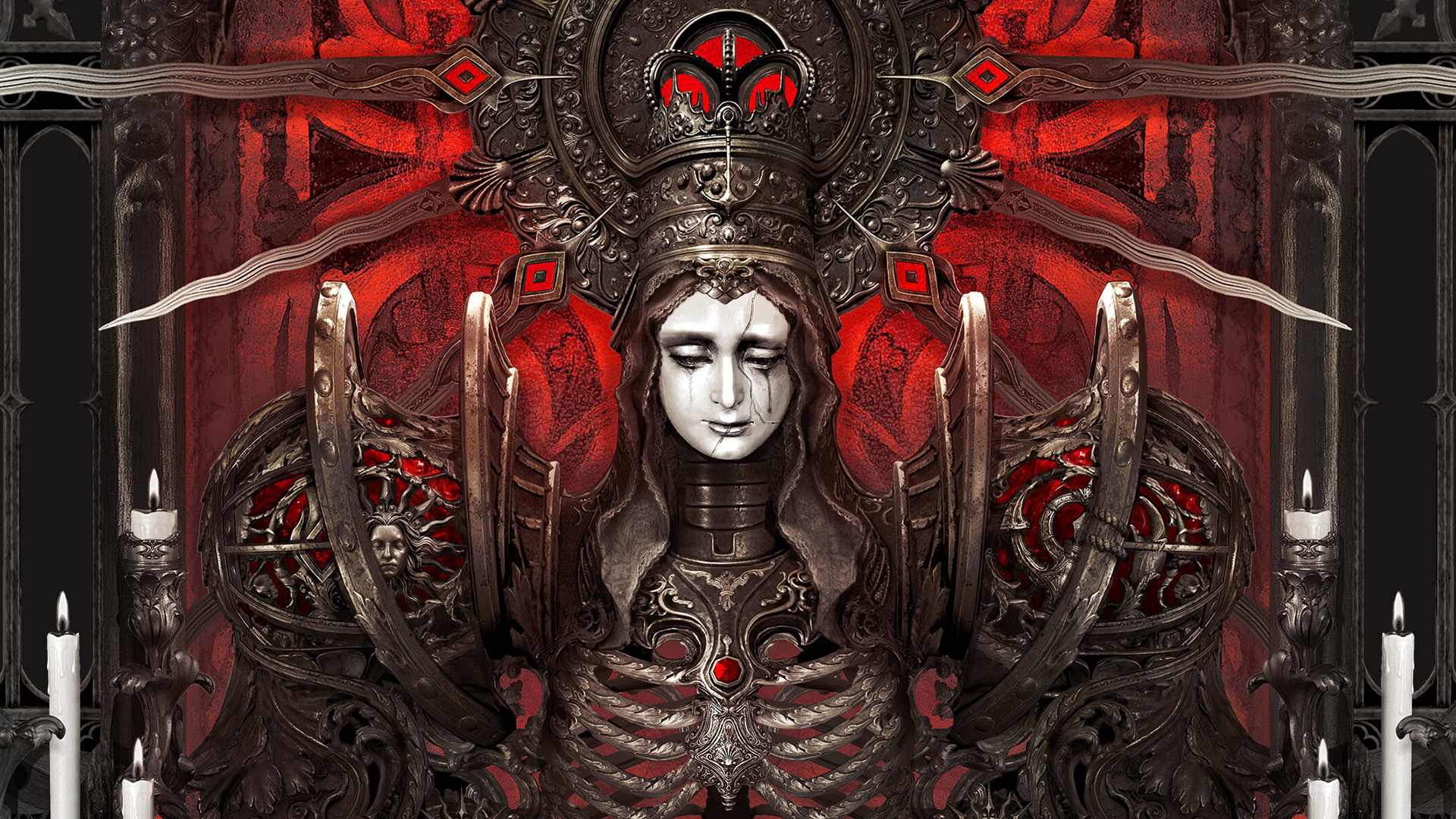26 game developers explain why Zelda: Tears of the Kingdom will be talked about for years
From technical feats to design masterstrokes, and even a few criticisms, game devs weigh in on Zelda: Tears of the Kingdom
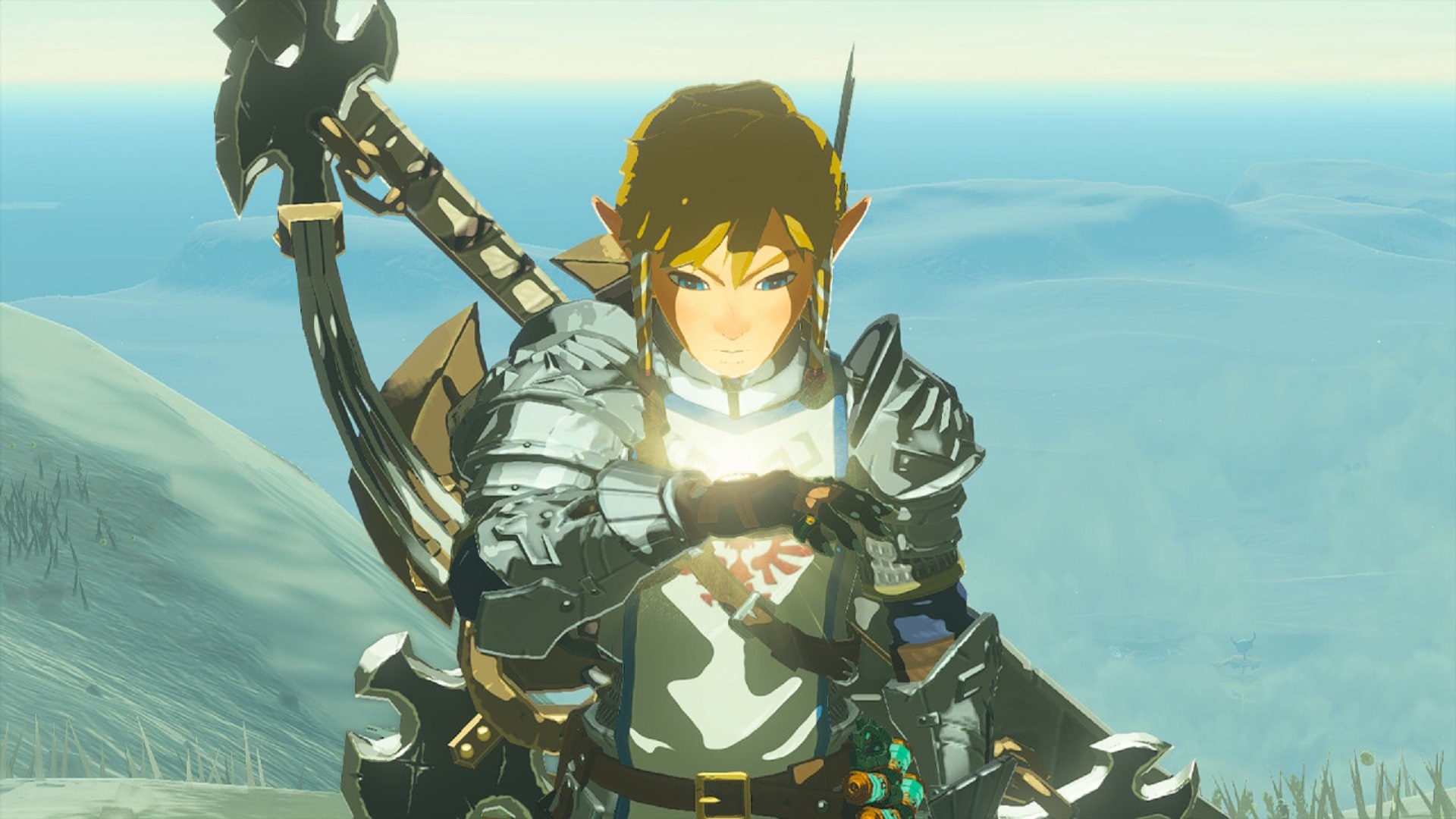
Weekly digests, tales from the communities you love, and more
You are now subscribed
Your newsletter sign-up was successful
Want to add more newsletters?

Every Friday
GamesRadar+
Your weekly update on everything you could ever want to know about the games you already love, games we know you're going to love in the near future, and tales from the communities that surround them.

Every Thursday
GTA 6 O'clock
Our special GTA 6 newsletter, with breaking news, insider info, and rumor analysis from the award-winning GTA 6 O'clock experts.

Every Friday
Knowledge
From the creators of Edge: A weekly videogame industry newsletter with analysis from expert writers, guidance from professionals, and insight into what's on the horizon.

Every Thursday
The Setup
Hardware nerds unite, sign up to our free tech newsletter for a weekly digest of the hottest new tech, the latest gadgets on the test bench, and much more.

Every Wednesday
Switch 2 Spotlight
Sign up to our new Switch 2 newsletter, where we bring you the latest talking points on Nintendo's new console each week, bring you up to date on the news, and recommend what games to play.

Every Saturday
The Watchlist
Subscribe for a weekly digest of the movie and TV news that matters, direct to your inbox. From first-look trailers, interviews, reviews and explainers, we've got you covered.

Once a month
SFX
Get sneak previews, exclusive competitions and details of special events each month!
(Update - July 14: I've updated this article with comments from a few more game developers who shared some interesting thoughts on Tears of the Kingdom, bringing the new total to a whopping 26 devs.)
The highest praise anyone can give The Legend of Zelda: Tears of the Kingdom may be that it makes Breath of the Wild, one of the most important open-world games of the past decade, if not ever, look quaint. The scope and inventiveness of Nintendo's latest open-world epic has sparked and reignited discussions of design principles, how we experience games, the capabilities of the Switch, and plenty more. Despite being a direct sequel revisiting many ideas and areas, it has managed to surprise us all over again.
Since Tears of the Kingdom's launch, much of the critique I've enjoyed most has come from game developers. I think under-the-hood dev insight is especially fascinating in discussions like these. I wanted to read and spotlight more of the game dev perspective, so I sent a bunch of developers, at all levels of production, the same prompt: tell me something you find impressive, fun, perhaps divisive, or otherwise interesting about Tears of the Kingdom.
After over 20 responses, I had a wealth of praise and a few incisive criticisms, and as I return to TOTK for post-game completion, I find myself nodding along to all of it. Even as a small slice of a massive conversation, it goes to show why we'll be talking and hearing about Tears of the Kingdom for years.
Responses edited for clarity and length.
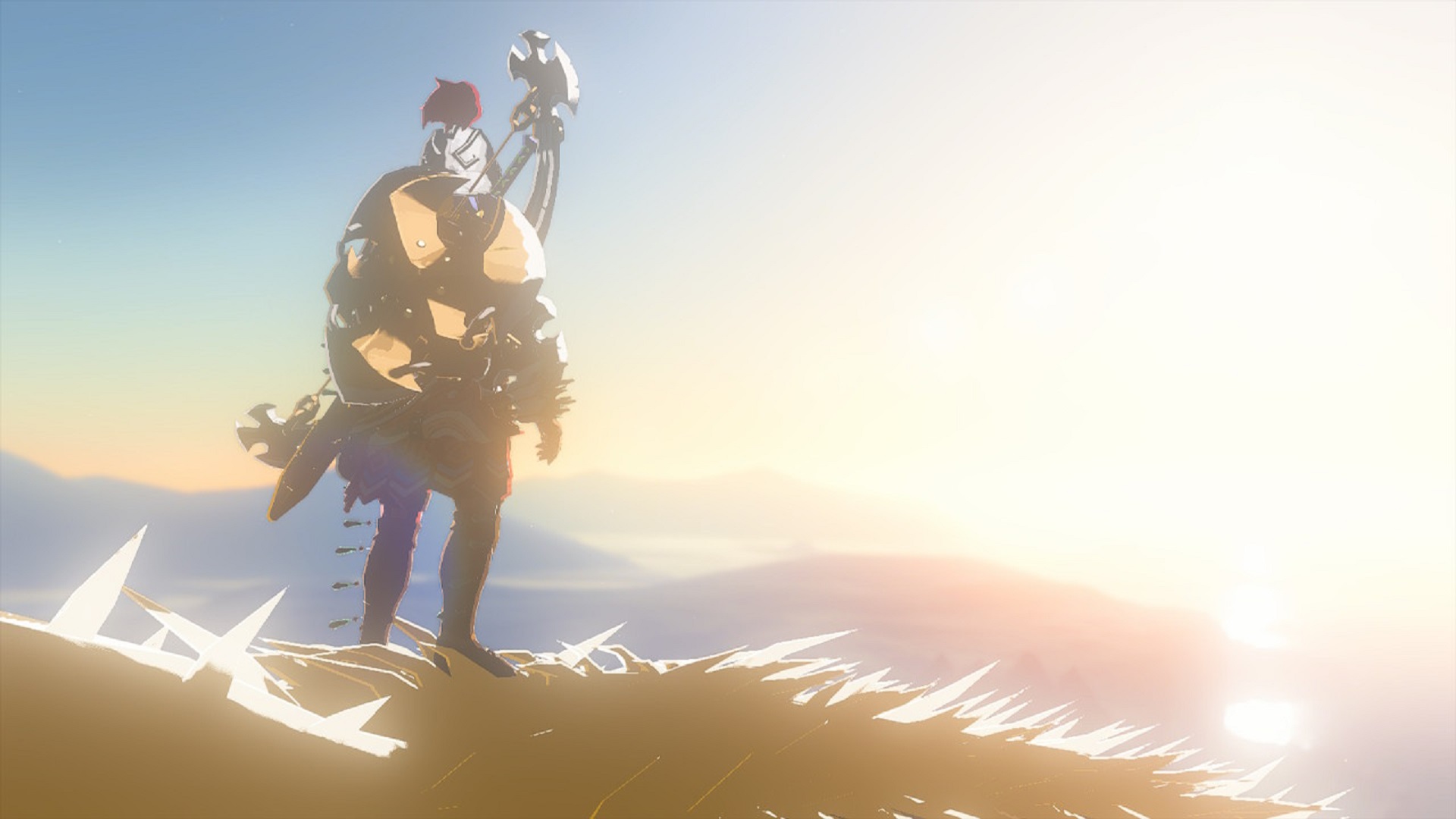
Countless games have failed at this over and over, but Zelda nails it.
Rami Ismail
Sam Barlow, creator of Her Story, writer and director of Immortality at Half Mermaid: "What surprised me was the way that TOTK works as a direct sequel. As soon as I set foot in Hyrule I was driven to race to my favorite locations to see what had changed. It reminded me of the emotional kick in Ocarina of Time of seeing communities transform over time. This concept has been key to many Zelda games, but it's an interesting spin to utilize it across two games. And it's a testament to the achievement of BOTW that we get so much out of our familiarity with the world."
Paul Morse, co-founder of Risk of Rain studio Hopoo Games: "I have absolutely loved seeing all the GIFs of things people are creating, and [Hopoo co-founder Duncan Drummond] and I were chatting about how cool it is to see something that almost feels more 'indie' or 'soulful' come out of Nintendo or a AAA company in general that allows the player to be so creative without many limitations."
Weekly digests, tales from the communities you love, and more
Bruno Dias, lead narrative systems designer at Sunless Skies studio Failbetter Games: "What I really admire about TOTK is its use of friction, or its willingness to be a little mean to the player. For example: the Depths aren't just pitch black, the terrain there is designed to break your line of sight and keep you from just seeing and beelining for the nearest Lightroot. Or how there's no default, universally available way to get up on a sky island.
"Games often avoid ambiguity about the player's capabilities. But TOTK is constantly inviting the player to ask, 'can I actually make it over there' or 'will this actually work,' like with the sky islands that are really far from where you might launch to glide to them. Because it's not immediately obvious what will work, the player is encouraged to try things and keep reassessing their model of how the game works, which is a mode of play that's really hard to do in a video game – it's so easy for the player to just get frustrated or bored in these situations. TOTK just shows incredible confidence in its mechanics and world to allow for this kind of introspective play."
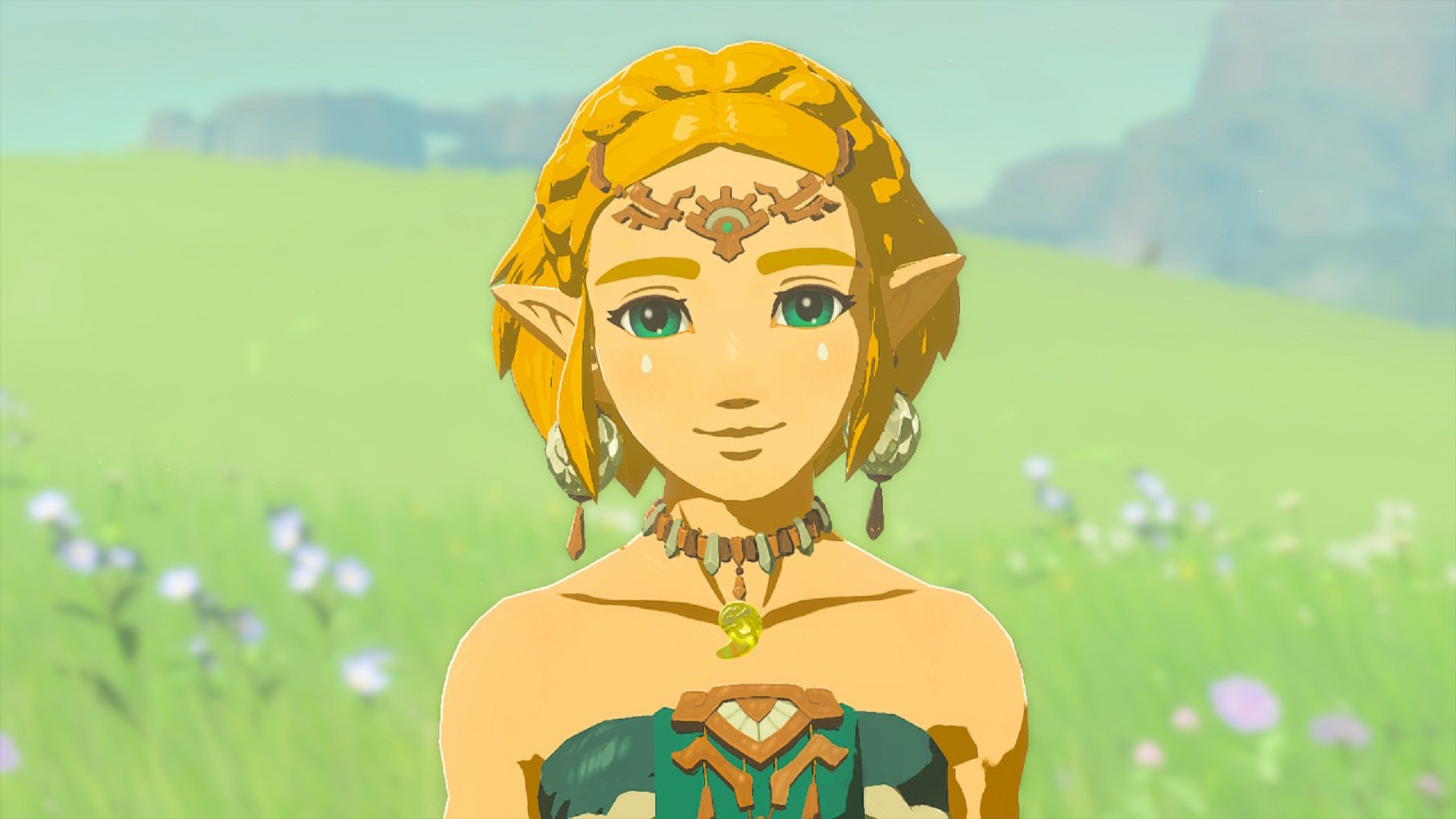
As a longtime player I secretly hope they'll bring back the 20-30 hour games with tighter scope.
Melos Han-Tani
William Butkevicius, level designer at Ori developer Moon Studios: "Perhaps the thing that I find the most fascinating about TOTK is simply what it means for the next Zelda. Nintendo went with a concept so bold and a scale so massive for this entry that I can’t possibly imagine where they will go next. However, the magic of Nintendo is that they always do something unexpected that I never knew I wanted - and I’ll be here for it when that happens again."
Melos Han-Tani, co-developer of Zelda-like Anodyne: "The game feels like a compromised mix of adventure and sandbox. The adventure is a repetitive source of resources needed to play in the sandbox. Because every area is just potential resources, the world feels flat. I always feel like 'I could be doing this task faster, if I do this first...' The physics feel wasted on out-of-place puzzle shrines vs. narrative-rich challenges (e.g. build a lawn mower for someone, build a monster trap). I liked the mythic vibe and worldbuilding of the older games a lot but I feel like the series shifted away from that over the years. As a longtime player I secretly hope they'll bring back the 20-30 hour games with tighter scope."
Max Kunze, level designer at Gylee Games: "As a level designer, I continue to be impressed by the open-world design of the game, and how it is able to use so many systems to keep the player curious to explore without completely overwhelming them. There's tons of good framing during cutscenes and dialog with NPCs, so if you're somehow at a loss for the next important thing, you'll have one put in front of you by just completing the previous one, without it always being as obvious and direct as having an NPC point at your map and say 'go here.' It's a curated experience where there's tons of adventure to be had on the path to the next objective."
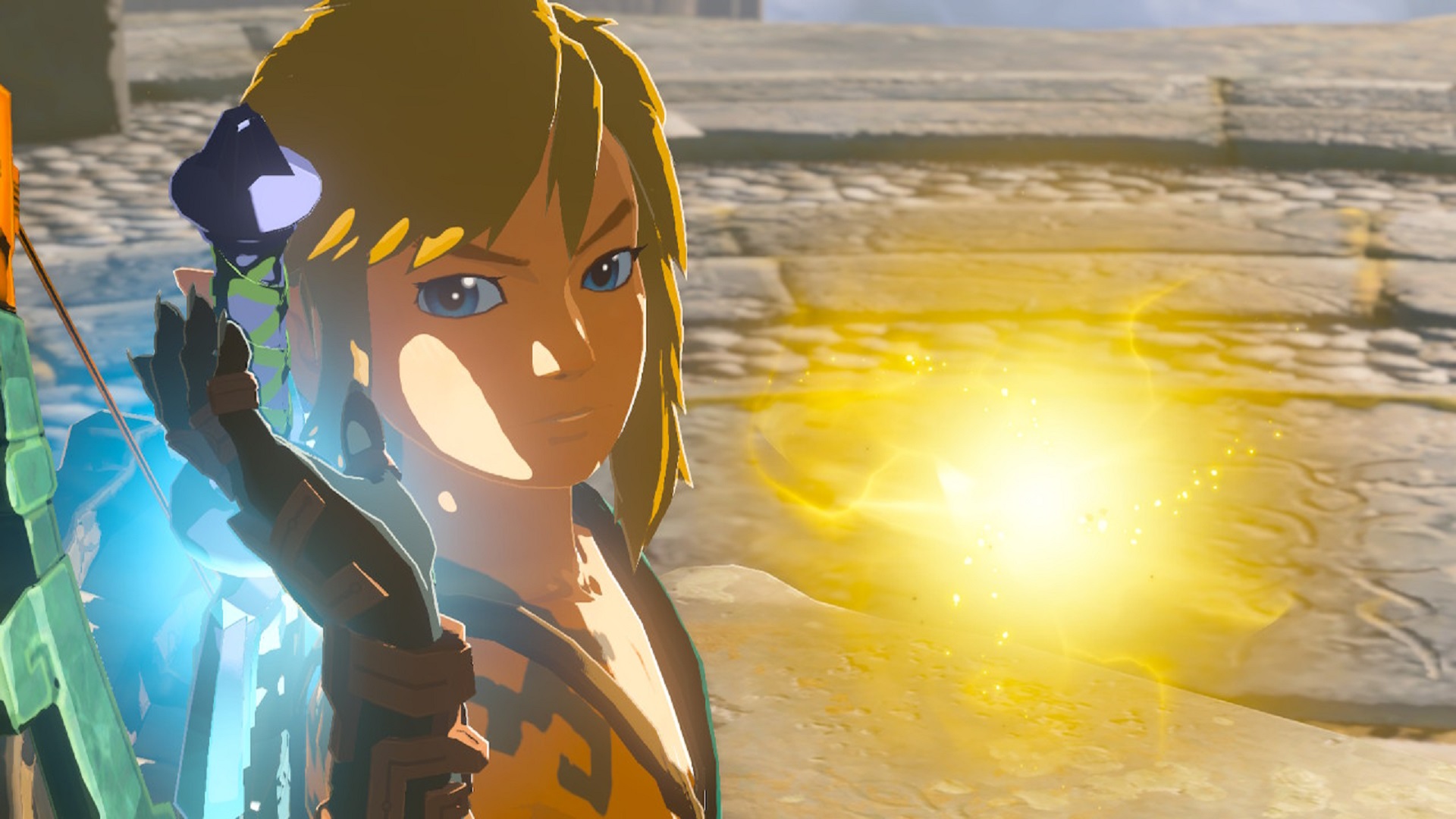
Rami Ismail, game dev consultant, co-founder of Nuclear Throne studio Vlambeer: "Honestly, just the fact that 'building' your own constructions works is absolutely wild. Making that interface playful and joyful and creative and accessible is an absolute feat of game design. Countless games have failed at this over and over, but Zelda nails it."
Polish is a lot more about bug fixing and minor design and visual adjustments to take a game from good to great.
Shayna Moon
Lazlo Bonin, creative director of Été at Impossible: "This one might be a little divisive: in TOTK, the rewards are pretty terrible, and that's actually great. Or to be more precise: the rewards seem unrelated to the difficulty of the task. You might go through an incredibly challenging fight in the Chasm only to come out with a joke hat, or fight some random Bokoblins on the surface and get a great piece of gear out of their puny wooden chest. What this does to the player, in my opinion, is short-circuit the dopamine switch in our brain that tells us to do an activity only for the payoff, and instead lets us focus on the fun of the activity itself. That's a masterful game design feat to pull off – it's much harder to create an intrinsically fun activity than it is to give a good reward for a boring activity."
Xalavier Nelson Jr, writer on Hypnospace Outlaw, head of Strange Scaffold: "One of the hardest things to do in a sandbox game is teach players to view their experience through the same lens you do. Questions of priority, what’s 'worth' doing, and what role a given activity plays in your overall adventure are constant challenges. Yet TOTK seems to solve these effortlessly. By explicitly teaching players not just content types, but classifications – side quests for singular tasks, side adventures opening narrative threads, and main quests as your method of progression – TOTK can throw any content it wants at you. Organically, you know how a piece of content will impact your experience and can choose when to tackle it based on your tastes and needs. Brilliant."

Nicholas McDonnell, designer and director at Samurai Punk: "TOTK makes immersive-sim thinking patterns accessible to a new range of players who are likely used to much more prescriptive content. The shrines do a great job pushing the player to learn the different ways things can be combined, and never punish you for thinking outside of the box. The choice to strip the abilities back to a smaller set of powers that allow for some very powerful combinatorics further reinforces the idea that this is a game where you should be creative and come up with fun solutions to problems."
A huge core strength with Nintendo's design is that they let you skip content.
Joakim Sandberg
Asher Einhorn, technical game designer on The Last of Us Part 2, lead technical designer at Archetype Entertainment: "For all TOTK's brilliance, I feel I can’t quite escape the feeling that I’ve often accidentally escaped the narrative and am tinkering around, lost for hours somewhere the game has forgotten me. In older 3D Zeldas, because of their smaller size, the current tone of the story was often reflected in the world, and so you felt like you were always on some page of it, living the adventure. For me that’s been somewhat lost."
Dave Oshry, head of New Blood Interactive :"Honestly I got bored after like 60 hours and haven't been able to get back into it. But the same thing happened to me with BOTW and that ended up being my GOTY 2017 when I finally finished it in like 2019. PUT THAT IN YOUR ARTICLE LOL."
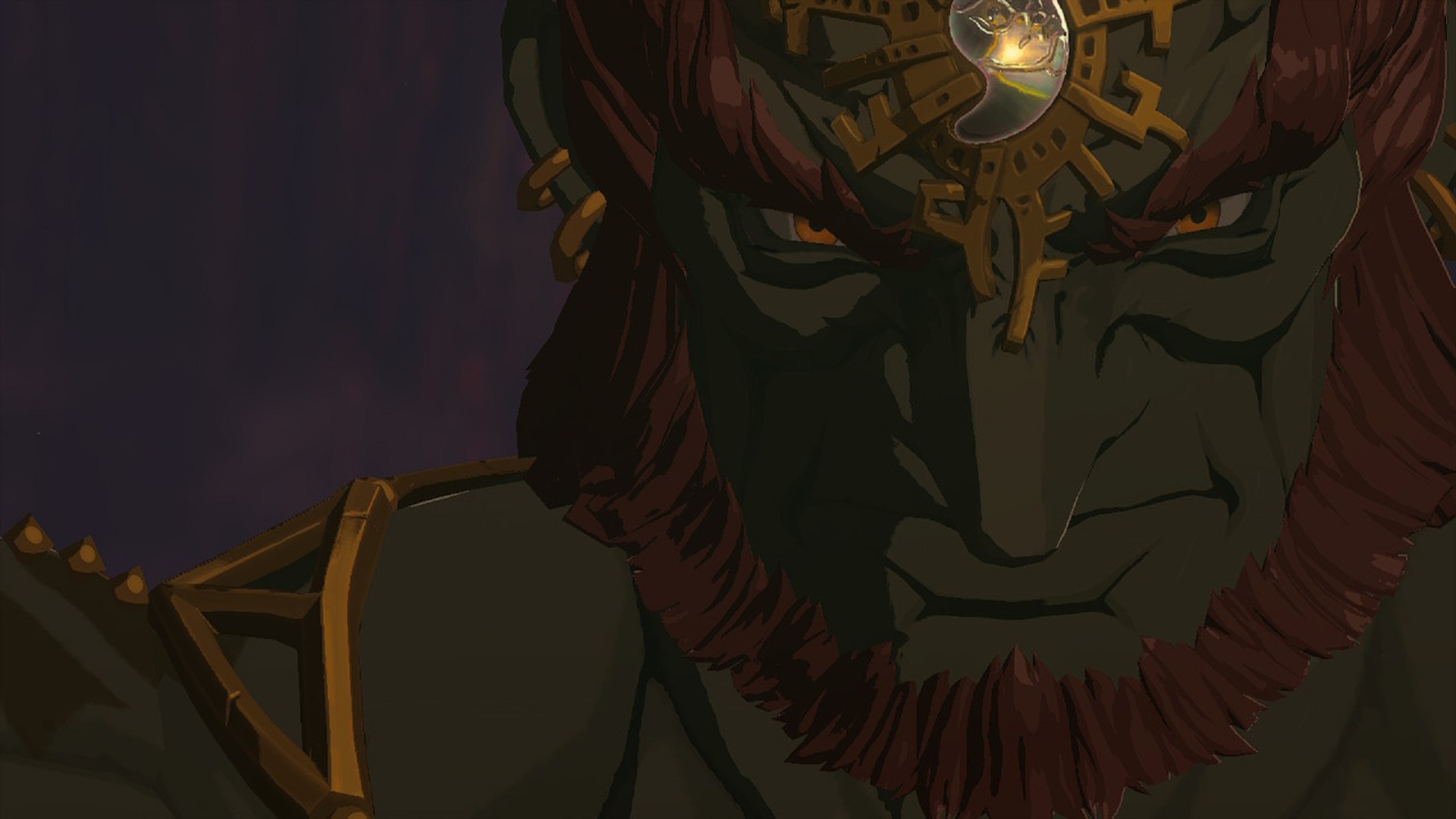
You first play Portal and you're like, 'I'd never thought of that before.' Here you get many of those moments stacked on each other.
Isaac Epp
Joakim Sandberg, creator of Iconoclasts: "I think TOTK is a great example of what amount of polish, content, and just fun you can add to a concept by continuing on a good foundation. Like Majora's Mask and Super Mario Galaxy 2, they had a very robust engine and got to add even more to it. It's solid, incredibly impressive, and just the most fun open-world playground I have experienced. They also know where to limit a player to encourage taking new approaches to how you reach places or defeat enemies. A huge core strength with Nintendo's design is that they let you skip content. Beginners may take the designed path, but they will never force you, and TOTK is the epitome of this."
Miguel Vidaure, writer and narrative designer on Zelda-like Blossom Tales: "There's a Nintendo Power quote by Eiji Aonuma discussing Skyward Sword that goes along the lines of: 'good puzzles make players feel smart even if there's one solution.' With TOTK, his team took this concept to another level with a variety of fun abilities. I'm only about 15 hours in and I've already had many 'ooh, that's clever' moments after solving a physics puzzle or finding a creative way to traverse an area."
Jay Baylis, co-director at Bytten Studio, designer on Zelda-like Lenna's Inception: "The gameplay behind the Flux Construct fights is so creative that any other studio would have made them the focus of an entire game (and would have made a very good game, too), but TOTK is confident enough to keep them as optional side content alongside everything else."

Isaac Epp, game director at Dauntless and Fae Farm studio Phoenix Labs: "One of the things that strikes me the most about TOTK following BOTW is it made us reflect on Nintendo itself. I can't think of any other company who is able to successfully reinvent experiences and have it still feel completely authentic and novel, and surprise and delight players, and inspire other developers. BOTW came out and I wasn't even an hour in and I knew it was going to change a lot of plans. I booted up TOTK and wasn't sure what to expect. Is this going to be BOTW again? And right away, you're introduced to verbs that you have never had in a game before. You first play Portal and you're like, 'I'd never thought of that before.' Here you get many of those moments stacked on each other."
I was honestly relieved when I encountered some physics jankiness, because right up until then nothing about the physics engine seemed to have come from mortal hands, and it was making me uneasy.
James Silva
Mike Profeta, staff designer at Bungie: "TOTK and BOTW before it didn’t impress me because they did a bunch of new things, but because of how organically all the things they do work together to create a compelling world and gameplay. TOTK is content to let you take on its stories, uncover its mysteries, or simply enjoy its scenery at your leisure. It doesn’t fall victim to the immersion-breaking false sense of urgency that so many others do. Perhaps more impactful is that the game allows for organic exploration without feeling the need to inundate the map with icons, points of interest, and so many other things that filters are needed."
"A deep physics system reinforced by the game’s dynamic weather creates fun and sometimes unexpected results. The new building system, itself not wholly original, seamlessly integrates with the existing dynamic physics, sometimes to hilariously destructive effect. It also managed to evolve the world itself in meaningful ways. Just enough similarity is there for BOTW veterans, but enough has changed due to the game’s inciting event to add a new sense of wonder to every region as you make your way back after all the time that has passed."
Mike Zadorojny, franchise lead on Blue Protocol: "I've enjoyed the creativity and freedom they've given the player. A lot of complaints I have are usually because I'm not far enough and there's some other tool that will make things easier, like Autobuild."
"I was a little bit worried for players who didn't play BOTW. It felt like there was a steeper curve, but I think the initial shrines do a good job explaining those mechanics and abilities. I'm really enjoying it. The only complaint I have with this and BOTW is that Zelda is so known for amazing music, and they are playing with silence here and there's something to that, but I will still go to some town or get on a horse expecting specific music but it's not there. I understand what they're doing, but that's one thing I miss."
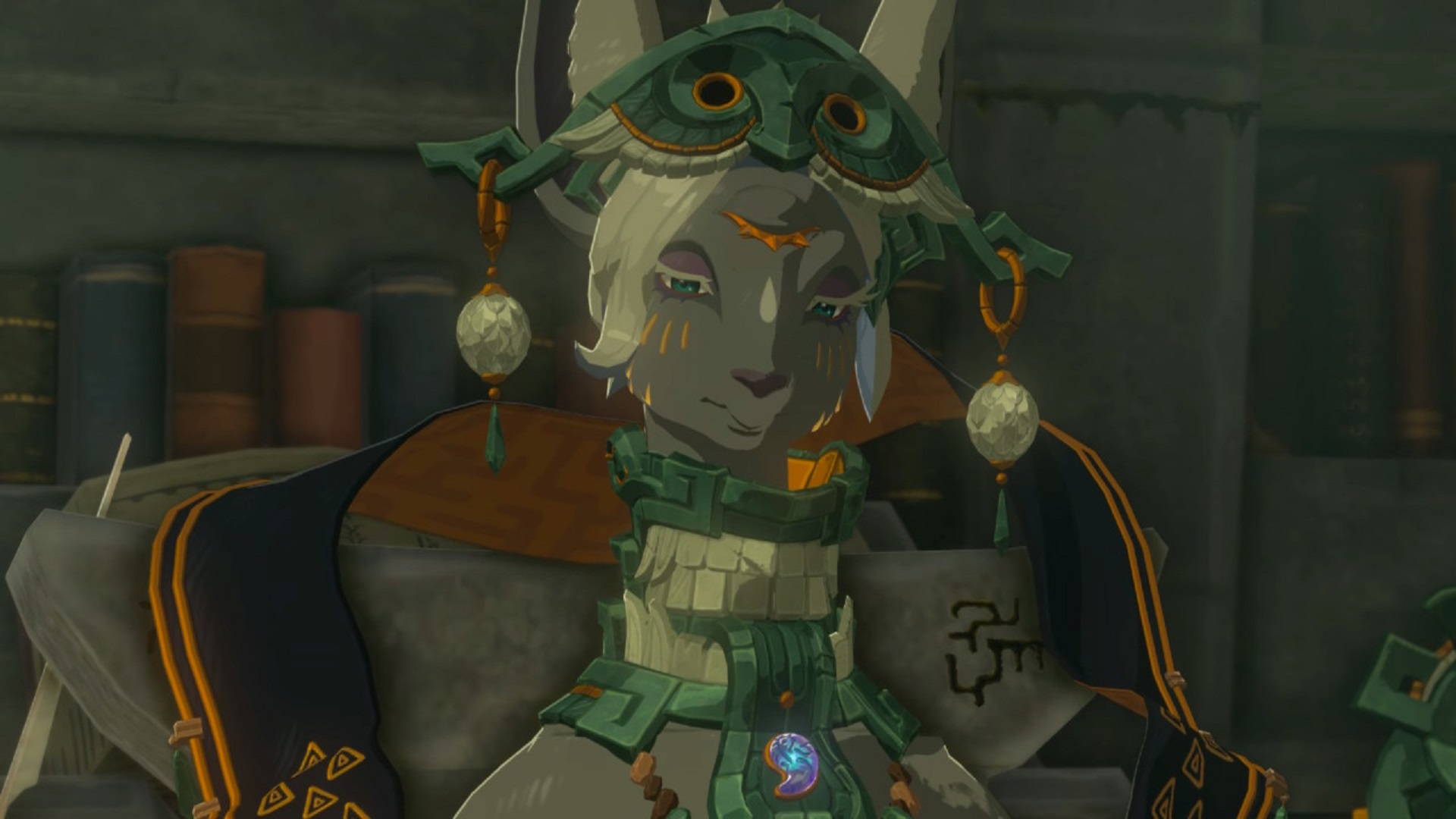
Shayna Moon, engine producer at The Coalition, associate producer at Sony Santa Monica on God of War: "The most impressive thing I've seen is having so many objects physics-enabled; that means they had to do a lot more QA testing to see all the possible issues. When people hear about polish in games they probably think of creative content being added, but polish is a lot more about bug fixing and minor design and visual adjustments to take a game from good to great."
Gregorios Kythreotis, creative director on Sable at Shedworks: "TOTK is incredibly impressive on a technical level. The draw distances and seamless air-to-ground-to-Chasm movement on a console as old as the Switch is truly a feat - especially when you consider the fidelity of physics interactions the game offers, on top of the way it is recording and making reversible all of these interactions. They’ve developed the gameplay to tightly fit these systems without making it feel broken or toy-like. My favorite new mechanic is probably the Ascend ability. It’s so clever and unique; it provides a new manner by which players appreciate 3D space and layout in the world."
BOTW revolutionized open-world game design. I can’t wait to see how the next few years of games are inspired by Tears of the Kingdom!
Max Nichols
Engineer who wished to remain anonymous: "From what I've seen, their physics system is incredible. I worked in medical simulation and we were trying to do rope. I spent weeks trying to scrub together a rope with a physics engine specialized in rigid bodies. The fact that in TOTK you can join together multiple platforms and then move and rearrange without forming gaps between them is absolutely mindblowing for me. And it runs on Switch. Kudos to their engineers. Mesmerizing work."
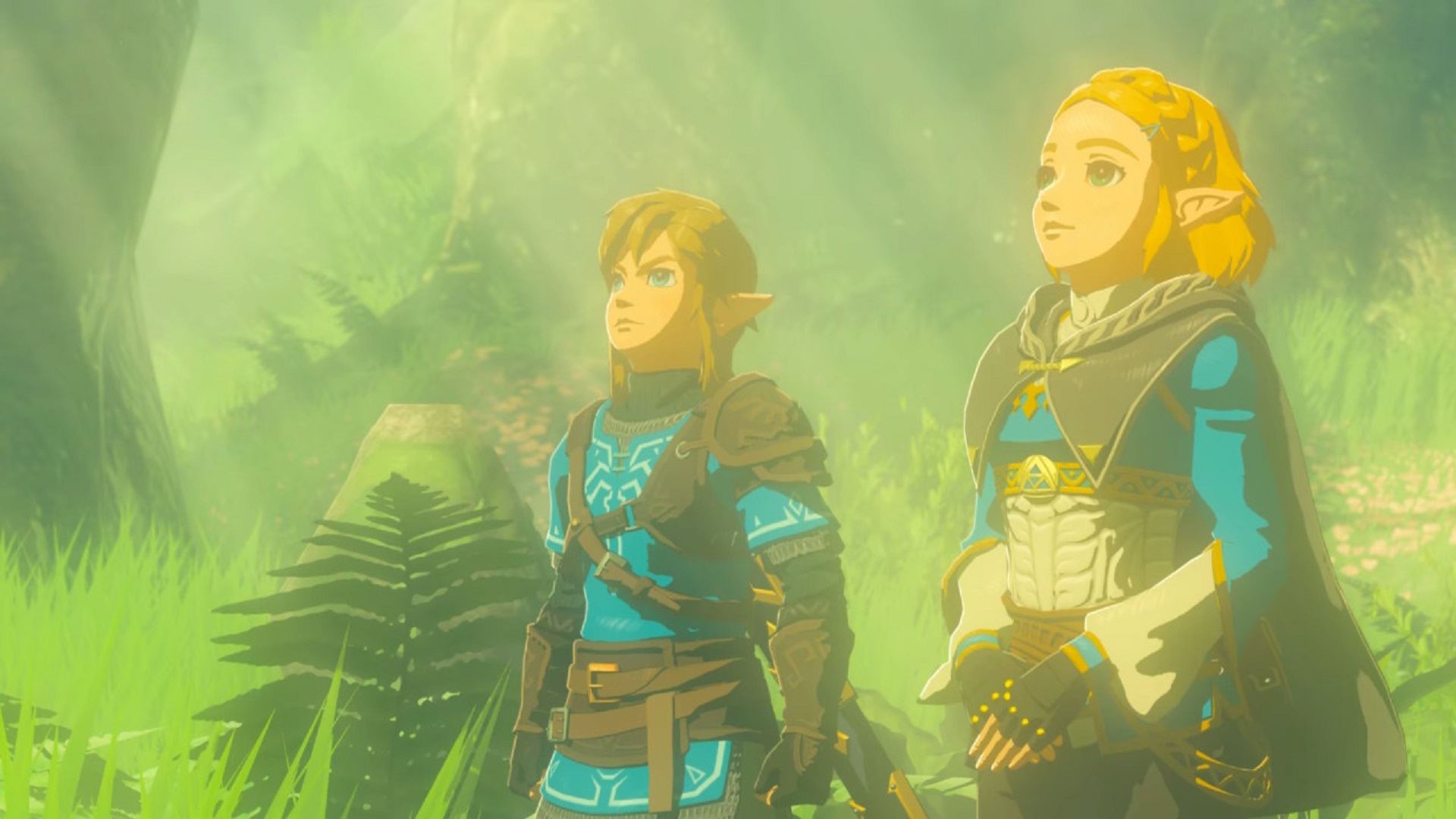
James Silva, founder and designer at Salt and Sanctuary developer Ska Studios: "I was honestly relieved when I encountered some physics jankiness, because right up until then nothing about the physics engine seemed to have come from mortal hands, and it was making me uneasy. Link: gets stuck upside down in some weird corner that shouldn't exist. Me: oh thank god it's just a game made by real people. The game's so polished on its own, but to be that polished and be a physics sandbox that is that robust is just an incredible accomplishment."
It’s an astonishing level of detail, much of it invisible.
Max Nichols
Max Nichols, senior activity designer at Bungie, head of Zelda database Hyrule Interviews: "One of TOTK's most impressive achievements is making reliable gameplay out of physics. Few action games have manipulation of physics objects as a main gameplay action. Because physics is more than a technical hurdle; it’s a major game design challenge. Translating player intention into predictable results is where physics often stumbles. Physics simulation is chaotic! When you drop an object on a slope, strike it with an attack, or blast it with an explosion, it’s hard to predict where it’ll go.
"The Zelda team had to find ways for players to see consistent and predictable results from their actions. And they succeeded! They clearly spent vast effort tweaking their physics so that objects are more likely to go in straight lines, come to a stop, and stay balanced, and less likely to spin on multiple axes – all while feeling believable! It’s an astonishing level of detail, much of it invisible. BOTW revolutionized open-world game design. I can’t wait to see how the next few years of games are inspired by Tears of the Kingdom!"
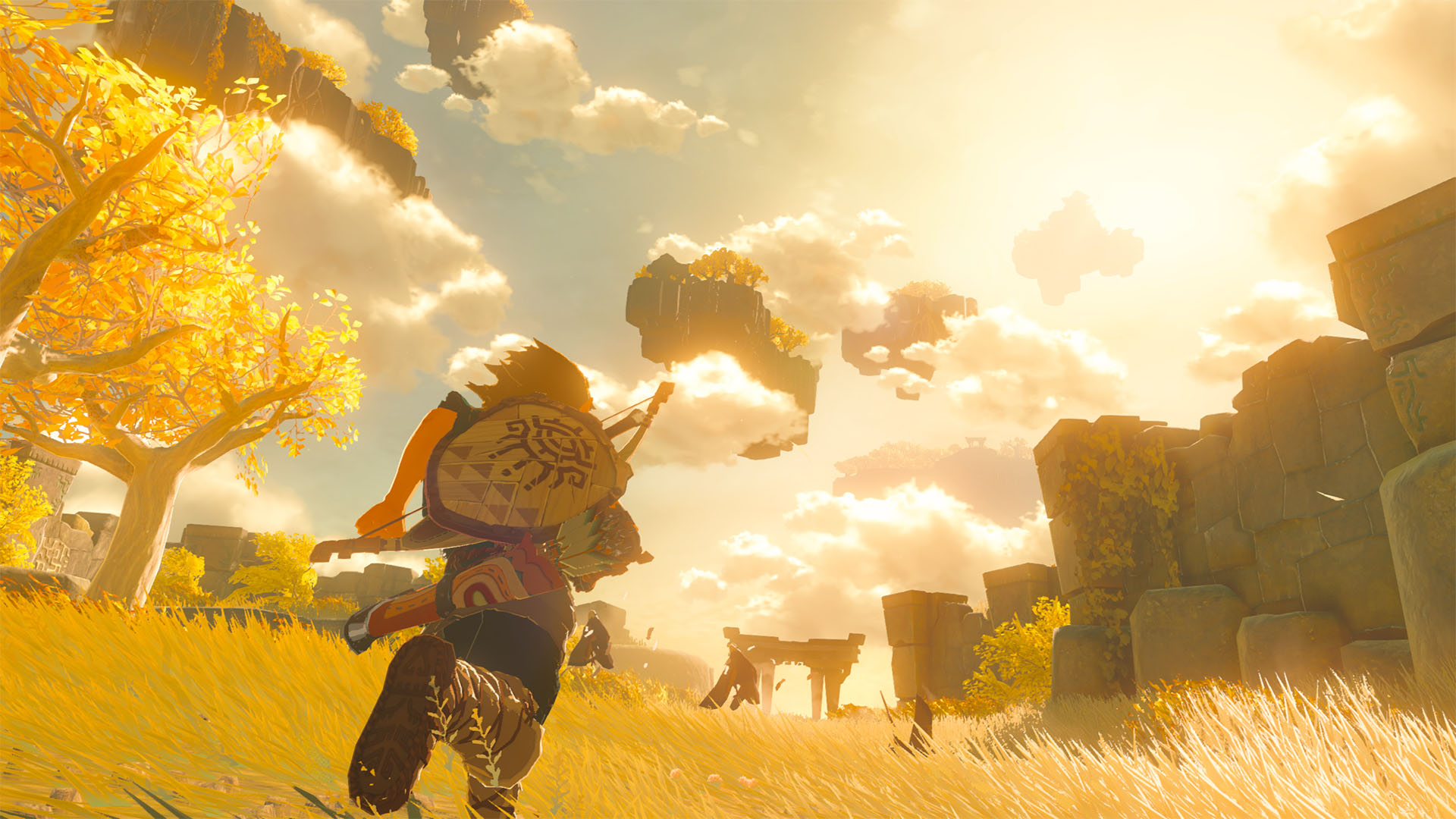
I know how challenging it was to balance approachability with creative expression.
Sarah Northway
Andrew Shouldice, lead developer on Zelda-like Tunic: "I like the Depths. I like how empty they are, how alien. They feel like a true 'underside' full of weird flora and architecture. For me, a lot of past Zelda games are characterized by the tidiness of the jigsaw: a dungeon has a precise economy of 'do this' and 'do that.' Like the shrines of modern Zelda games, they feel eminently designed. In the Depths, however, there are places with no intention that registers. They feel messy and broken, and that's exciting to me."
Greb Lobanov, lead developer on Chicory, now making Beastieball at Wishes Unlimited: "The vast majority of my playtime was spent building contraptions that failed to work, and I loved every minute of it. If this wasn't a mainline Zelda game I think players would have had way less patience for it. At times it really feels more like an off-the-wall indie concept with a first-party Nintendo budget. I adore it for boldly committing to such an experimental combination of sandbox building and adventure."
Sarah Northway, head of Northway Games: "I'm particularly delighted to see contraption-building in the Zelda universe as we've tackled this design space with our Fantastic Contraption games. TOTK's seamless fusion of physics-based construction and open-world exploration is brilliant, and I know how challenging it was to balance approachability with creative expression. To top it off, the playfully designed system for saving and auto-building constructs is a clever design feat."

Austin has been a game journalist for 12 years, having freelanced for the likes of PC Gamer, Eurogamer, IGN, Sports Illustrated, and more while finishing his journalism degree. He's been with GamesRadar+ since 2019. They've yet to realize his position is a cover for his career-spanning Destiny column, and he's kept the ruse going with a lot of news and the occasional feature, all while playing as many roguelikes as possible.
